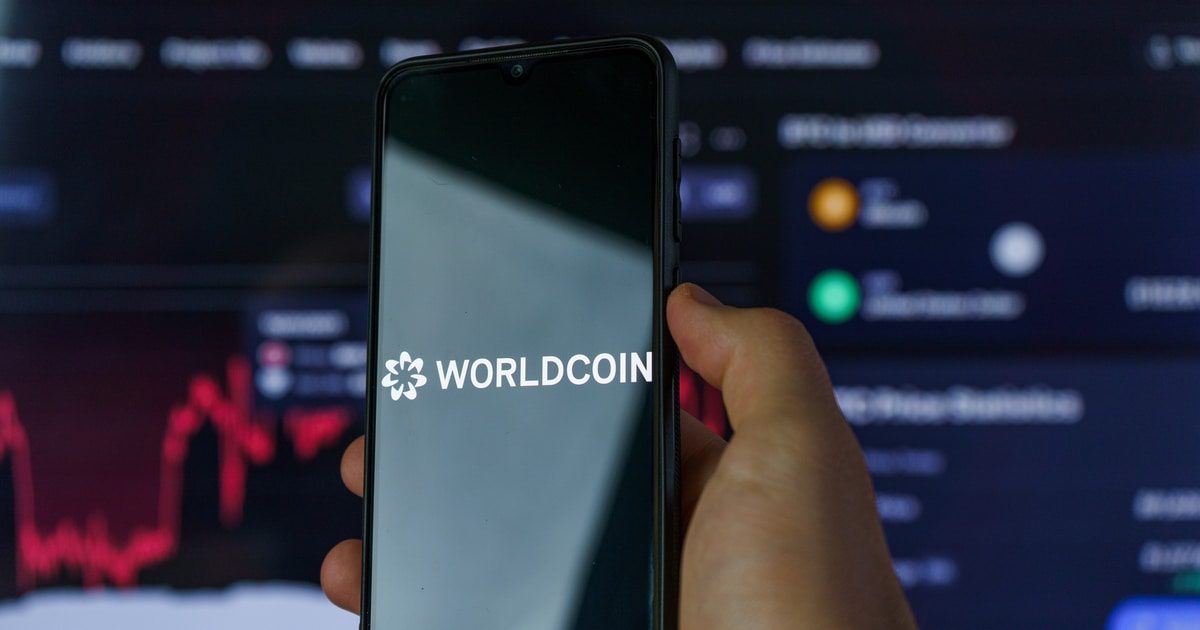Worldcoin introduces Personal Custody, enhancing user control over biometric data generated through iris scanning orbs for secure identification.
Worldcoin (WLD), a blockchain-based identity platform known for its innovative approach to user verification through iris scanning, has taken a significant step towards improving user privacy with the implementation of Personal Custody. This development comes as part of the project’s ongoing efforts to provide a user-centric and secure identification system.
Personal Custody is a feature that allows people to keep all personal data, including images, metadata and extracted data generated in the orb during World ID verification, directly on their devices. By doing this, users gain unprecedented control over their information, with the ability to manage its flow and usage before choosing to delete it. This move from default data pre-deletion to personal custody is in response to privacy concerns and recommendations from experts in the field.
Applying for personal custody requires a complex, multi-step process. It starts with the user’s device generating a public-private key pair to encrypt the data, followed by the backend generating additional keys for double encryption. The orb captures the required images for verification, creates individual data packets and encrypts them before passing them to the backend. After the encrypted data packets are downloaded to the user’s device, they are deleted by the backend to ensure that no residual data remains.
This approach not only gives users control, but also introduces the ability to use face authentication for high-security applications. Face authentication allows users to verify their identity locally on their device without transferring data outside, thus promising a higher level of security and privacy.
The adoption of Personal Custody is emblematic of the platform’s user-centric architecture, a core aspect of the Worldcoin Tech Tree. This architecture is designed to facilitate the separation and replacement of system components such as orbs and uniqueness metrics, facilitating the development of the protocol into an open, permissionless system driven by a broad user base.
While the initiative marks significant progress towards personal data sovereignty, it also suggests that optional data storage will no longer be offered during field visits. This change encourages users to educate themselves about Worldcoin and make informed choices about sharing their information to support the improvement of the project.
For those interested in delving deeper into the technical aspects of Worldcoin’s privacy measures and system architecture, the technical implementation section of the Worldcoin protocol white paper provides detailed information. The Worldcoin community is also actively engaged in discussions on various social platforms, such as Twitter/X, Telegram, Discord, YouTube and LinkedIn, and interested parties can be updated by subscribing to the blog’s newsletter.
It is important to note that the availability of Worldcoin (WLD) tokens is subject to geographic, age and other restrictions. While WLD tokens are not available in the United States and some other territories, TFH’s World ID and World App remain available. Prospective users are advised to consult the Terms of Use and Important User Information found on the Worldcoin website for further details regarding eligibility and risks.
Image source: Shutterstock

